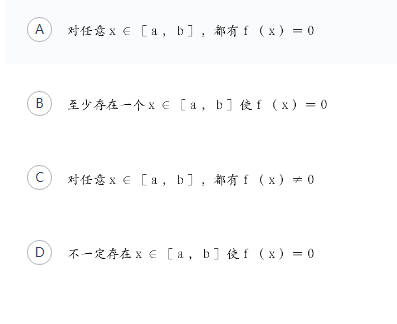当前位置:首页 → 职业资格 → 教师资格 → 中学英语学科知识与教学能力->Passage2InBrazil,thedebateover
Passage 2
In Brazil, the debate over genetically modified organisms, or GMOs, affects mostly soybean production. Brazil is the world's second largest producer of soybeans behind the United States and ahead of Argentina. Most European and Asian retailers want to remain GM free.
Non-governmental organizations (NGOs) in Brazil are going on a media offensive to prevent the legalization of genetically modified crops. Environmentalists and consumer groups for years have been able to thwart government and companies' attempts to legalize altered food. In radio dramas that are being broadcast in remote regions, Brazilian NGOs are telling soy farmers the use of genetically modified seeds could endanger their health, their fields and their business. "We are not saying that genetic engineering is, in principle, something bad; we say that we need more science to be sure that it will work in an appropriate way with no harm in the future," said campaign coordinator Jean-Marc von der Weld. "This is both for health and environmental reasons. The other question is on economics. What we think is that in Brazil, if we approve the GMOs, we will lose a spectacular advantage that we have now. We are selling more to the international market, mostly for Europe and Asia, than we have done in our history, because we are not GMO contaminated."
Another opposition group, ActionAid, has been organizing grass-roots support in Brazilian farming regions to rouse consumer sentiment against legalization. ActionAid public policy director Adriano Campolina says he is fighting for farmers to remain independent."When the small-scale farmer or a big farmer starts using this kind of seed, this farmer will be completely dependent on the transnationals, which control intellectual property fights over these seeds," he said.
Brazilian scientist Crodowaldo Pavan said there should be checks on what multinationals can do, but that doesn't mean GM seeds should be banned. He says fears over their usage are unfounded. Despite the official ban, Dr. Pavan says up to one third of Brazil's soy crop is genetically modified, because GM seed is being smuggled from Argentina. Brazil's government has invested heavily in a GM project by the U.S. biotech company, Monsanto, but the project was put on ice following a successful court challenge by consumers.
Which of the following statements is NOT true about NGOs in Brazil?
查看材料
文章第二段介绍的是NGO的立场。作者引用NGO负责人Jean—Marc yon der Weid的话,“We ave not saying that genetic engineering is,in principle,something bad;we say that we need more science to be sure that it will work in an appropriate way with no harm in the future”“This is both for health and environmental reasons”我们并不是说转基因工程不好;我们的立场是,需要用科学方法来确保它不会在将来对环境造成危害。这主要是出于对环境和健康的考虑。四个选项中只有B项不符合NGO的立场。
教师职业道德区别于其他职业道德的显著标志就是( )。
在教育史上主张“不愤不启,不悱不发”的教育家是()。
心理学家所说的“危险期”或“心理断乳期”是指( )。
教育工作中做到“因材施教”、“长善救失”符合年轻一代身心发展的( )。
德育过程与品德形成过程的关系是( )。
德育过程是培养学生( )的过程。
学生从事集体活动、结交好友的场所是( )。
教师的工作目的和使命是( )。
直接决定教育目的的因素是( )。

